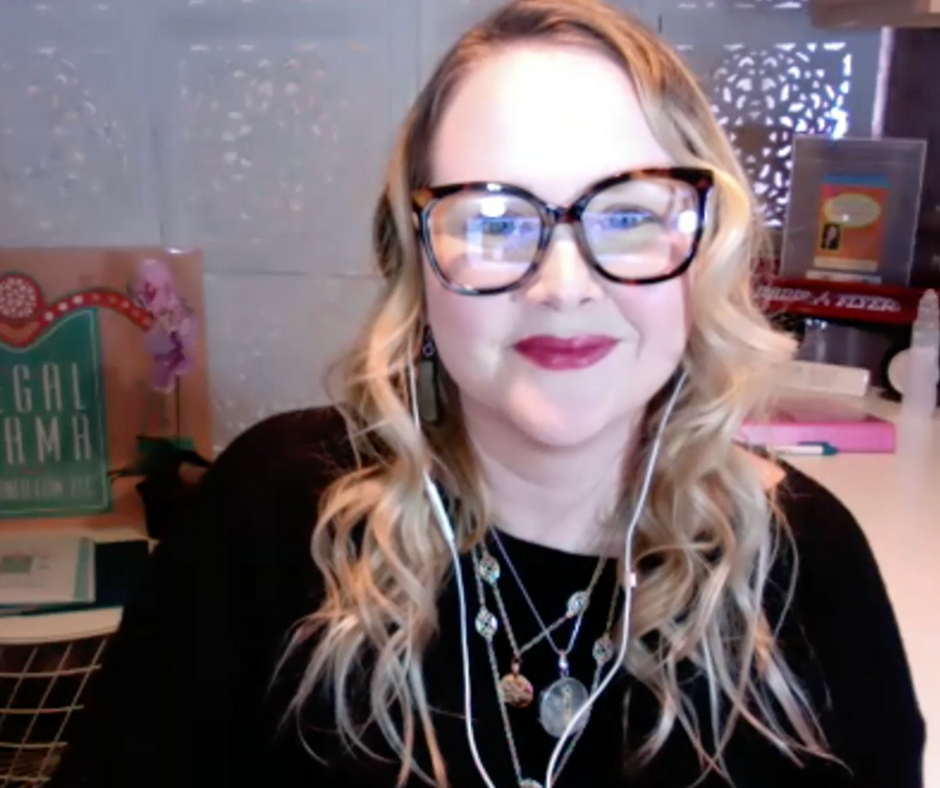How Do I Choose a Life Insurance Policy That’s Right For Me and My Family?
Nov 17, 2021
Life insurance products can be complicated to pick from and even more complicated to understand; especially when you’re up against sales pitches from the people selling them (who stand to make a lot of money off of your decisions). The first question to ask yourself is, “Do I have an obligation to provide income replacement for the people who depend on me?” This question could also be more along the lines of, "Do I want my loved ones to have an additional source of income to pay for household services or support if I am gone?" If the answer is “yes”, then you should have some kind of life insurance so that those people don’t have an additional worry.
The type of life insurance you should buy depends on your family goals and circumstances. The two main types of insurance you’ll hear about are "term" and "whole life."
Term insurance is just what it sounds like, for a “term”. It’s in effect for a specific period of time and if you do not die during that period, the insurance doesn’t pay. For example, you may have a 10-year term policy. Each year, you pay your premium and if you don’t die during that year, you’ve lost the premium (but gained your life, which is nice!) Because it’s a 10-year term, the rate will remain the same for 10 years, at which point you have to re-apply for the insurance, which means full application and health exam, and a rate increase because you are 10 years older. Term policies are great if your concern is a mortgage, car payment, etc. Something that you know will be over at the end of x number of years and will be the only financial burden for your dependents if you die during that term.
In contrast, whole life is designed to be in effect until death. That means that no matter when you die, if your policy is paid up, your insurance will pay out. Whole life policies have an investment component that accumulates a cash value while also guaranteeing a death benefit. So each year that you pay your premium and don’t die, part of the premium you paid is gone, but part of it is allocated to the investment part of your policy, which means you are building up an investment.
Here’s the thing about that … sometimes insurance is not the best investment vehicle, primarily because of how much of the premium goes to pay commissions on the policy rather than to your investment account.
But, if your spouse or child (or business) is going to need ongoing financial support when you die, you will want to get a permanent, whole life type policy.
The bottom line with life insurance is to make sure you realistically assess your needs and then purchase an amount of insurance that meets that need. I recommend that you run your insurance decisions by me, because I'm objective, not paid a commission, and on the same side of the table you are -- interested in keeping your family out of court, out of conflict, and well-cared for when you can’t be there!
Next ONLINE Webinar:
This article is a service of Sarah Breiner, Personal Family Lawyer®. We don’t just draft documents; we ensure you make informed and empowered decisions about life and death, for yourself and the people you love. That's why we offer a Family Wealth Planning Session,™ during which you will get more financially organized than you’ve ever been before, and make all the best choices for the people you love. What is a Personal Family Lawyer®? A lawyer who develops trusting relationships with families for life.
You can begin by contacting Sarah today to schedule a Family Wealth Planning Session.
Lorem ipsum dolor sit amet, consectetur adipiscing elit. Cras sed sapien quam. Sed dapibus est id enim facilisis, at posuere turpis adipiscing. Quisque sit amet dui dui.
Stay connected with news and updates!
Join our mailing list to receive the latest news and updates from our team.
Don't worry, your information will not be shared.
We hate SPAM. We will never sell your information, for any reason.







